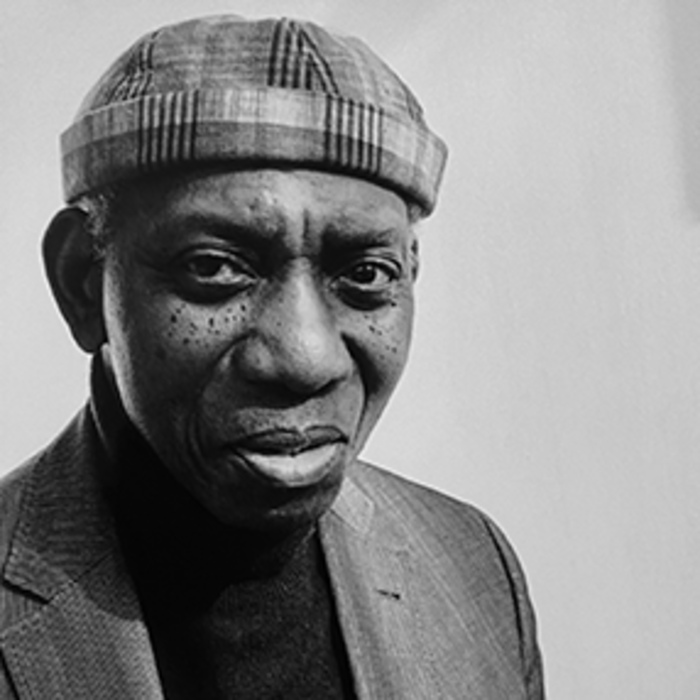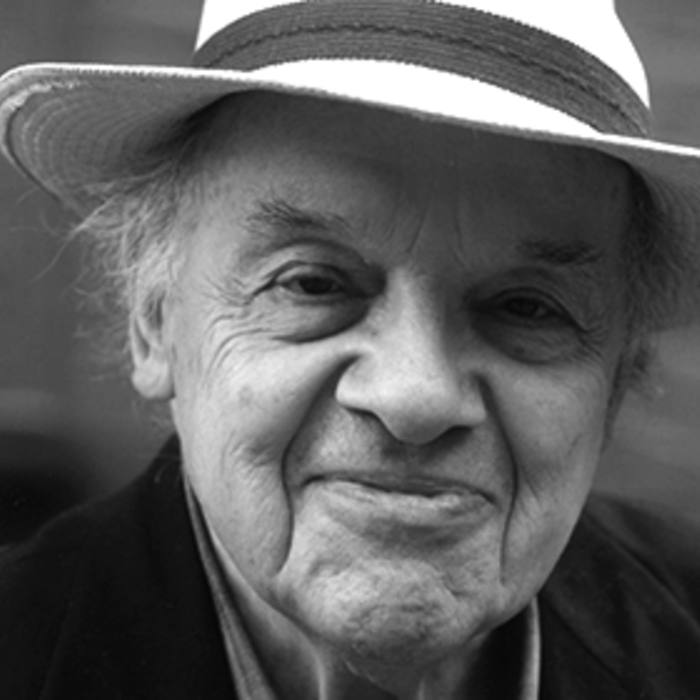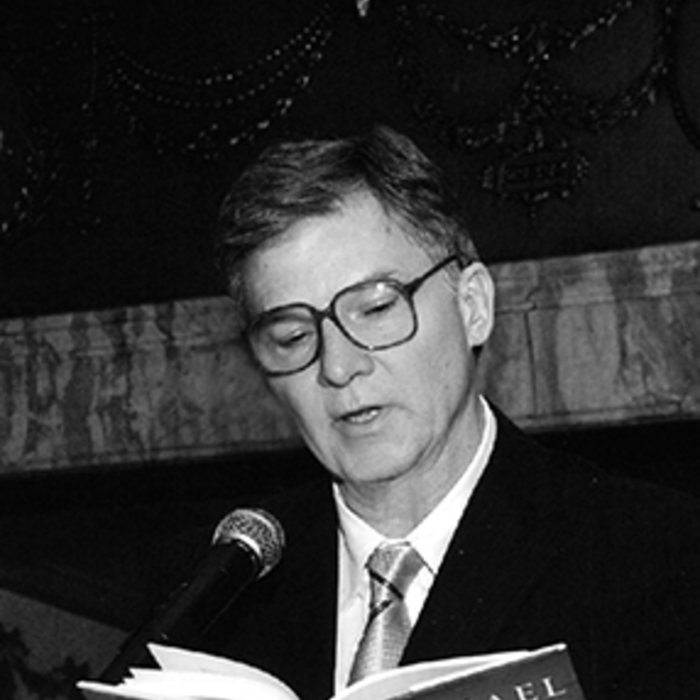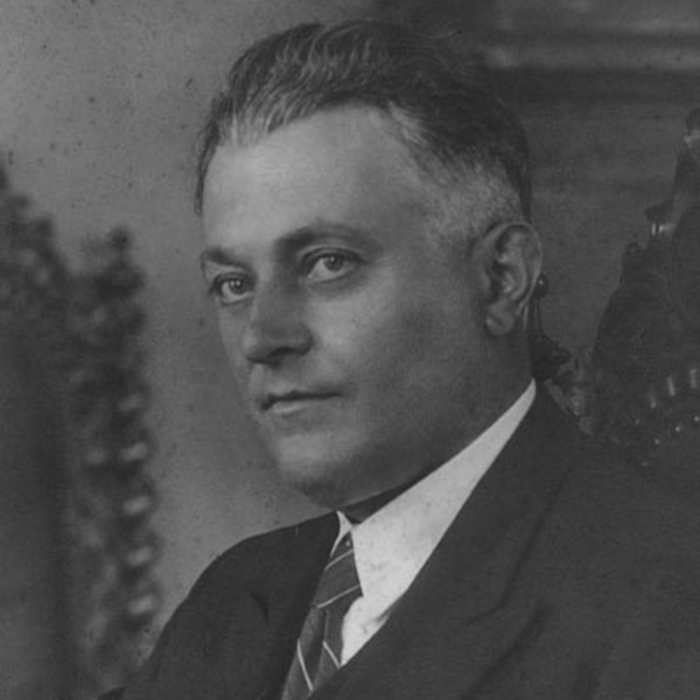Charles Baudelaire
The son of Joseph-Francois Baudelaire and Caroline Archimbaut Dufays, Charles Baudelaire was born in Paris on April 9, 1821. Baudelaire’s father, who was thirty years older than his mother, died when the poet was six. Baudelaire was very close with his mother (much of what is known about his later life comes from the letters he wrote her), but was deeply distressed when she married Major Jacques Aupick. In 1833, the family moved to Lyon, where Baudelaire attended a military boarding school. Shortly before graduation, he was kicked out for refusing to give up a note passed to him by a classmate. Baudelaire spent the next two years in Paris’s Latin Quarter, pursuing a career as a writer and accumulating debt. It is also believed that he contracted syphilis around this time.
In 1841, Baudelaire’s parents sent him to India, hoping the experience would help reform his bohemian urges. He left the ship, however, and returned to Paris in 1842. Upon his return, he received a large inheritance, which allowed him to live the life of a Parisian dandy. He developed a love for clothing and spent his days in art galleries and cafés. He also experimented with hashish and opium. Baudelaire also fell in love with Jeanne Duval, who inspired the “Black Venus” section of Les Fleurs du mal. By 1844, he had spent nearly half of his inheritance. His family won a court order that appointed a lawyer to manage Baudelaire’s fortune and to pay him a small “allowance” for the rest of his life.
To supplement his income, Baudelaire wrote art criticism, essays, and reviews for various journals. His early criticism of contemporary French painters, such as Eugene Delacroix and Gustave Courbet, earned him a reputation as a discriminating, if idiosyncratic, critic. In 1847, he published the autobiographical novella La Fanfarlo. His first publications of poetry also began to appear in journals in the mid-1840s. In 1854 and 1855, he published translations of Edgar Allan Poe, whom he called a “twin soul.“ His translations were widely acclaimed.
In 1857, Auguste Poulet-Malassis published the first edition of Les Fleurs du mal. Baudelaire was so concerned with the quality of the printing that he took a room near the press to help supervise the book’s production. Six of the poems, which described lesbian love and vampires, were condemned as obscene by the public safety section of the Ministry of the Interior. The ban on these poems was not lifted in France until 1949. In 1861, Baudelaire added thirty-five new poems to the collection. Les Fleurs du mal afforded Baudelaire a degree of notoriety; other writers, including Gustave Flaubert and Victor Hugo, publicly praised the poems. Flaubert wrote to Baudelaire, extolling his artistry: “You have found a way to inject new life into Romanticism. You are unlike anyone else [which is the most important quality].” Unlike earlier Romantics, Baudelaire looked to the urban life of Paris for inspiration. He argued that art must create beauty from even the most depraved or “non-poetic” situations.
Les Fleurs du mal, with its explicit sexual content and juxtapositions of urban beauty and decay, only added to Baudelaire’s reputation as a poète maudit (cursed poet). Baudelaire enhanced this reputation by flaunting his eccentricities; for instance, he once asked a friend in the middle of a conversation “Wouldn't it be agreeable to take a bath with me?” Due to the abundance of stories about the poet, it is difficult to sort fact from fiction.
In the 1860s, Baudelaire continued to write articles and essays on a wide range of subjects and figures. He was also publishing prose poems, which were posthumously collected in 1869 as Petits poèmes en prose (Little Poems in Prose). By calling these non-metrical compositions poems, Baudelaire was the first poet to make a radical break from verse.
In 1862, Baudelaire began to suffer nightmares and increasingly bad health. He left Paris for Brussels in 1863 to give a series of lectures, but had several strokes that resulted in partial paralysis. On August 31, 1867, at the age of forty-six, Charles Baudelaire died in Paris. Although doctors at the time didn’t mention it, it is likely that syphilis led to terminal illness. His reputation as poet was secure: the Symbolists who led the next major movement in French poetry— Stéphane Mallarmé, Paul Verlaine, and Arthur Rimbaud—claimed him as a predecessor. In the twentieth century, thinkers and artists as diverse as Jean-Paul Sartre, Walter Benjamin, Robert Lowell, and Seamus Heaney, have celebrated his work.






